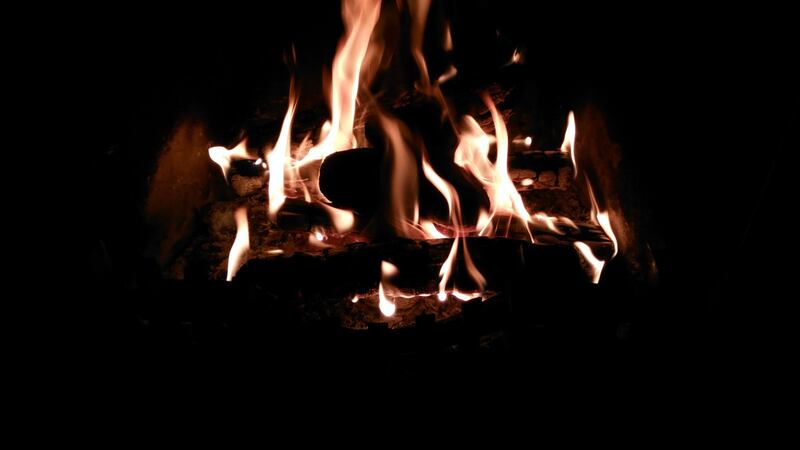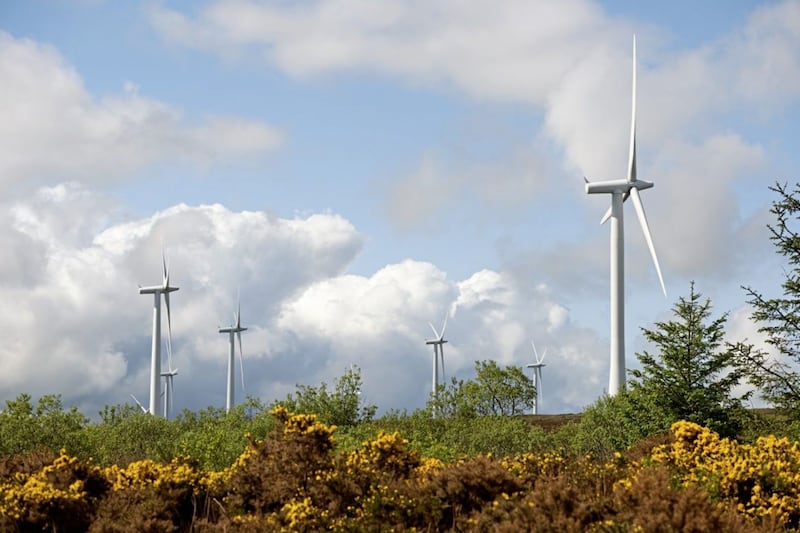THE days of relaxing in front of an open fire are numbered in Northern Ireland if the region is to meet ambitious renewable energy targets.
A new draft energy strategy, which has opened for consultation between now and June 20, raises the prospect of a ban on solid fuels such as coal and wet wood in the shorter term.
Looking further ahead, initiatives like floating wind turbines tethered to the sea bed are among the ways future energy will be generated in homes and business.
That's despite a previous Department for the Economy report questioning the suitability of fixed wind farms off the coast, citing the likely objections to erecting huge structures in shallower waters within sight of land.
Northern Ireland currently generates nearly half of its electricity from renewable sources, but the draft strategy sets a 70 per cent target by 2030, with a range of proposals set out aimed at achieving the overall goal of achieving net-zero carbon emissions at the halfway point of this century.
The UK as a whole is already committed to reducing greenhouse gas emissions to zero by 2050, which is likely to cost the Treasury up to £1 trillion.
In announcing the consultation on policy options specifically for Northern Ireland in a 170-page document, economy minister Diane Dodds insists the drive towards net zero carbon and affordable energy will provide opportunities to create jobs and encourage investment.
She said: “Climate change is one of the biggest issues facing society and we are also dealing with the economic impact of the pandemic.
“Whilst these are undoubtedly challenges for us, we must look for the unique opportunities to shape our future.
“In order to eliminate carbon emissions from energy, our business and domestic consumers will need to make cleaner, leaner energy choices which will include moving away from fossil fuels by switching to renewable technologies and doing more with less.
“But these changes will offer numerous opportunities, including the creation of new jobs, developing skills and encouraging local investment.”
Mrs Dodds added: “This new energy strategy will help Northern Ireland rebuild stronger as a greener economy, as well as providing healthier lifestyle choices for us, our communities, and our environment.”
The consultation has had buy-in from leading organisations within the energy sector in the north, including NI Water, NIE and electricity transmission system operator SONI.
Sara Venning, chief Executive of NI Water, said: “We all have a collective responsibility to tackle the climate crisis, and I welcome the launch of the energy strategy consultation and look forward to advocating the pivotal role we can play in revolutionising how we use energy.”







